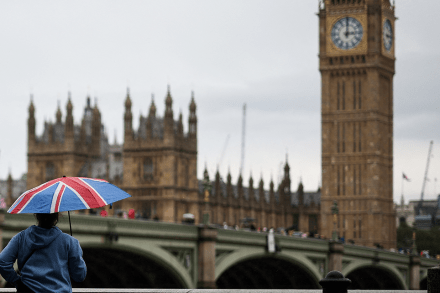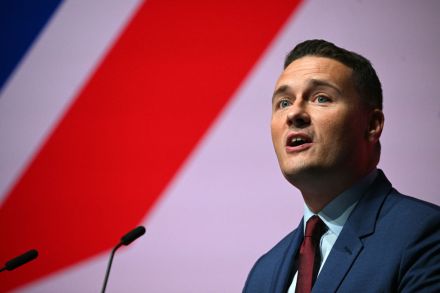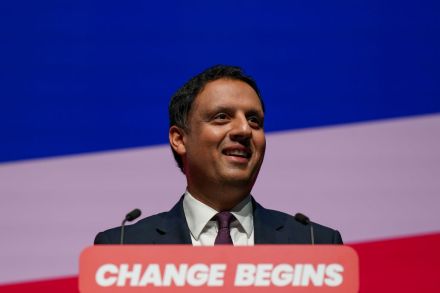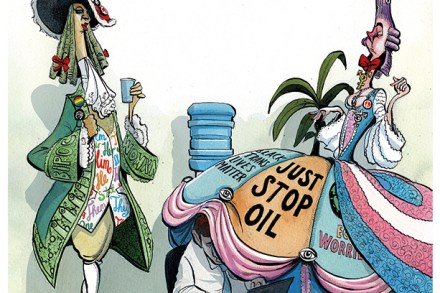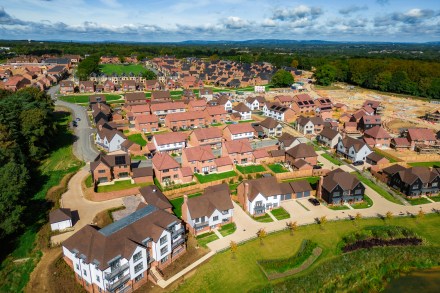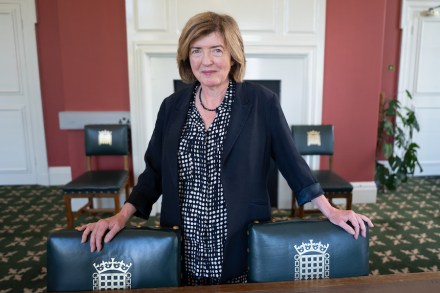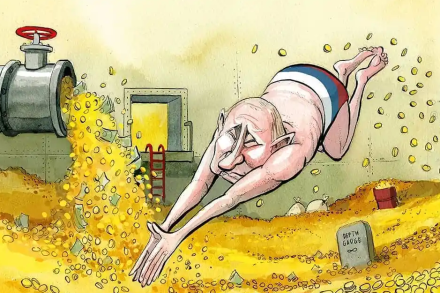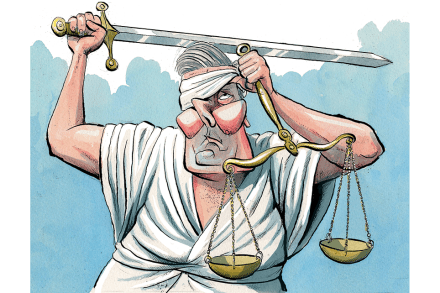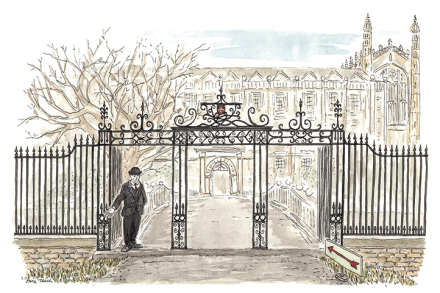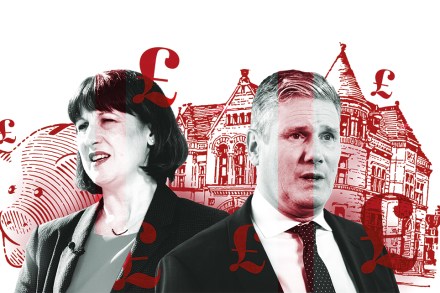Who’d be an MP now?
Sir Keir Starmer offered a sausage to fortune when he let Lord Alli bankroll half the cabinet. One’s heart does not bleed for those ministers assailed for taking his gifts in cash and kind. They have spent the last few years being mercilessly sanctimonious. But their plight does confirm that being a Member of Parliament has become an ever more disagreeable life and is therefore pursued by people ever less representative of the population. The traditional compensation for MPs’ relatively low salaries was a) some freedom to earn money elsewhere and b) respect. Both have dramatically diminished. Deference meant, for example, that few dared disturb their MP at home at
